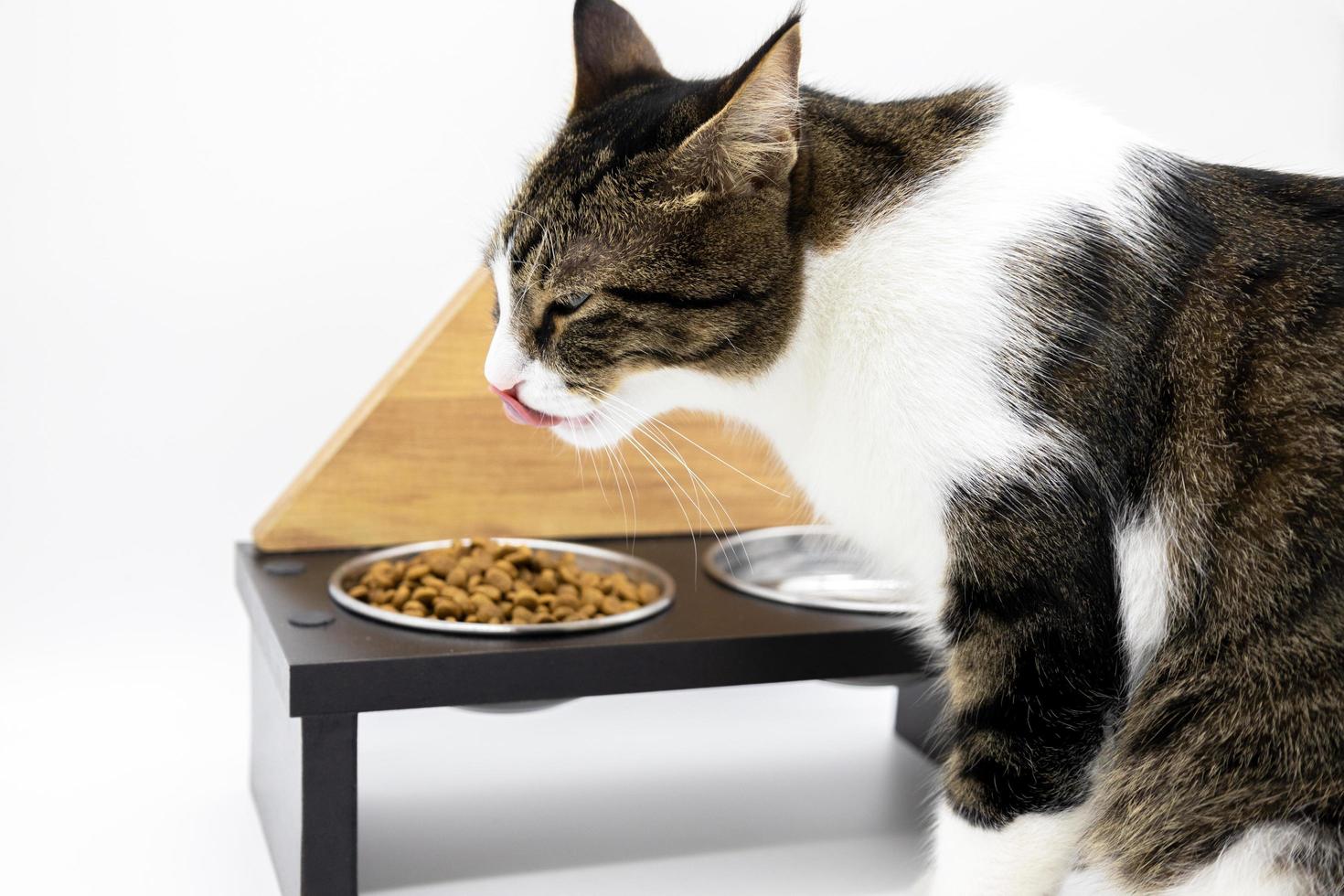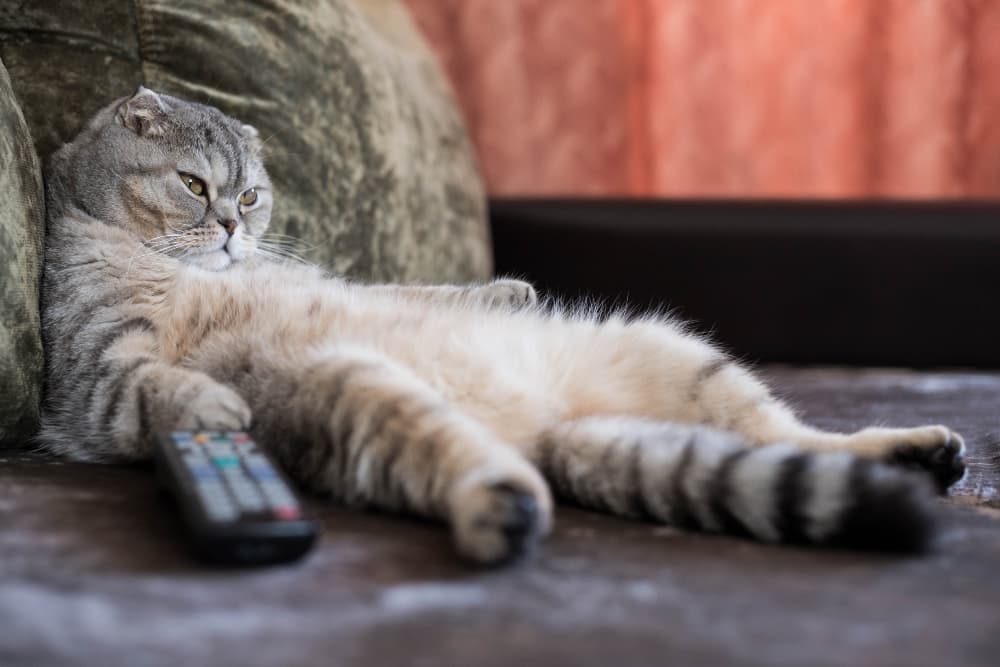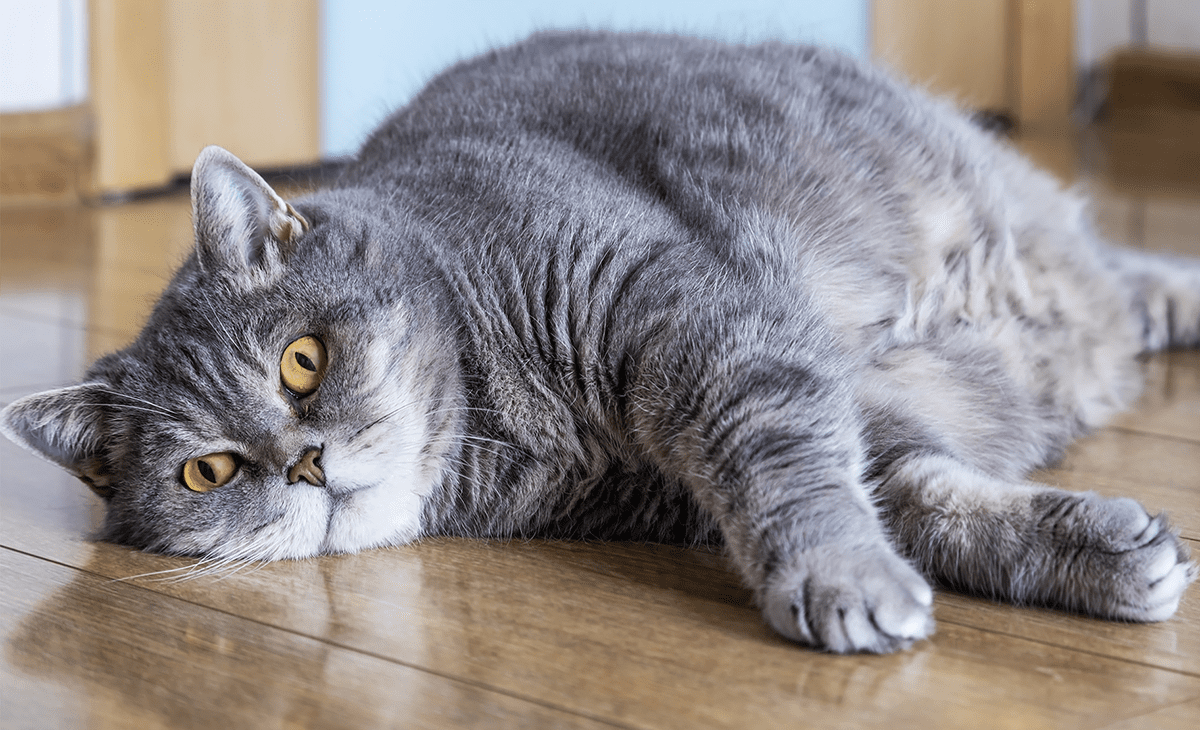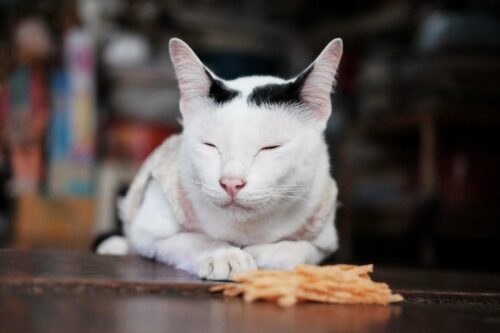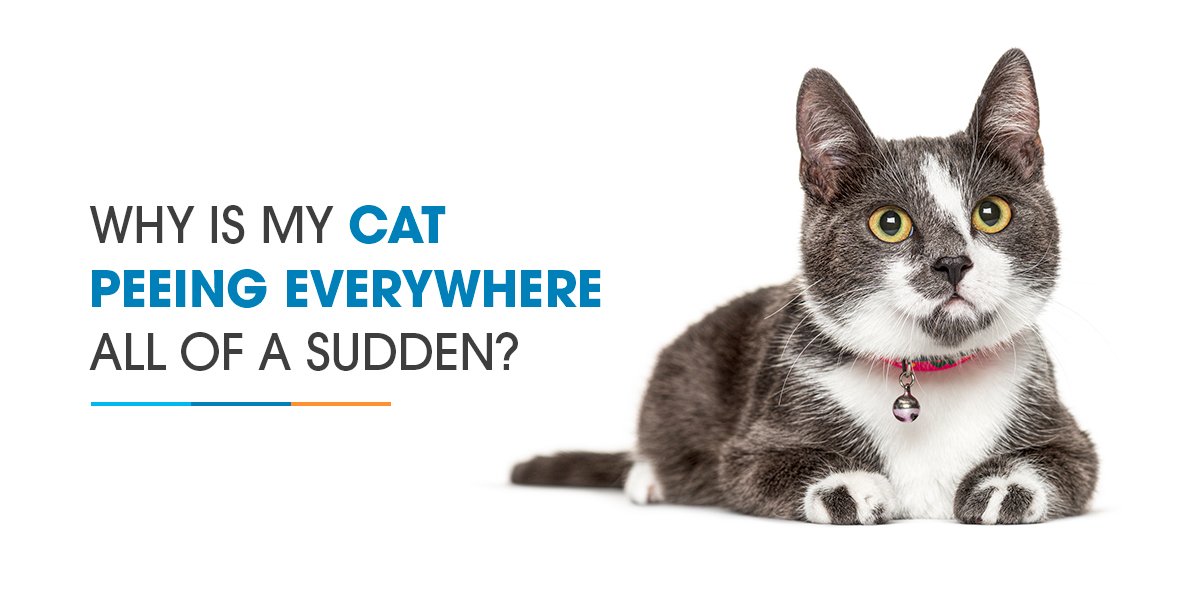How often should my cat eat?
Feeding your cat the right number of meals per day is crucial for their health and well-being. The ideal feeding frequency can depend on several factors, including their age, activity level, overall health, and personal preferences. Here’s a more detailed breakdown:
Kittens (up to 6 months old): Kittens are like little bundles of energy and have high caloric and nutritional needs to support their rapid growth and development. To meet their requirements, it’s recommended to feed them 3-4 times a day. Providing several small, evenly spaced meals ensures they get the nutrition they need to thrive. Keep in mind that kittens have relatively small stomachs, and they can’t consume large quantities of food in a single sitting.
Adult Cats (6 months to 7 years old): Most adult cats do well with a feeding schedule of two meals a day—once in the morning and once in the evening. This schedule aligns with their natural hunting behavior, where cats tend to be more active during these times. Feeding twice daily can help maintain their energy levels and prevent overeating, which can lead to obesity.
However, the amount of food your adult cat needs can vary based on factors like their activity level, metabolism, and health status. If your cat is particularly active or has specific dietary requirements, you might need to adjust their portion sizes accordingly.
It’s crucial to monitor your cat’s weight and body condition and consult with your veterinarian for personalized feeding recommendations.
Senior Cats (7 years and older): As cats age, their nutritional needs may change. Senior cats may benefit from smaller, more frequent meals to help with digestion and absorption of nutrients. Additionally, some older cats may have dental issues or decreased appetite, so providing more frequent meals can encourage them to eat and maintain a healthy weight.
As cats get older, it’s essential to keep a close eye on their weight and overall health. Regular check-ups with your veterinarian can help determine if any dietary adjustments are needed to accommodate age-related changes.
Ultimately, finding the right feeding schedule for your cat may require some trial and error. Pay attention to their individual preferences and monitor their weight and condition to ensure they are getting the proper amount of food. Always consult with your veterinarian, as they can offer guidance specific to your cat’s unique needs and provide recommendations to keep your feline friend happy and healthy throughout their life.
